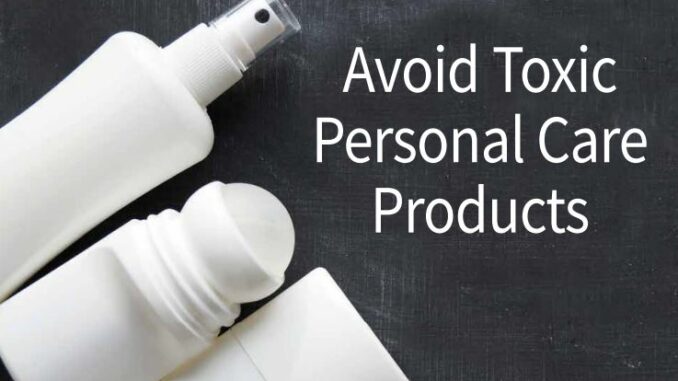
Men and women alike are looking to ditch harsh chemicals in favor of green materials when it comes to personal care products.
A 2018 McKinsey & Business of Fashion study revealed that 66% of global millennials are willing to spend more on sustainable fashion brands. And cosmetic manufacturers are taking notice.
The shift in creating natural and environmentally-friendly ingredients has taken the beauty industry by storm. Why should you be focused on buying natural and sustainable cosmetics? Two main reasons: Environmental benefits: To protect the planet for future generations, we should all be invested in social and environmental responsibility. One of the main benefits of sustainable products is their kinder environmental impact, including less waste in landfills and less chemicals leaching into our water systems.
Health benefits: Many cosmetic products contain petrochemicals, which can actually be highly toxic to humans. Synthetic products have been linked to headaches, eye damage, acne and even premature aging. By choosing sustainable cosmetics, you are investing in the long-term health of the planet and yourself.
WHAT ARE GREEN COSMETICS?
Personal care brands are becoming more focused on using all-natural ingredients in their products. Here are some examples of what’s being used: Natural oils: Palm, coconut, argan and avocado oil are all popular options when it comes to building a safer, more sustainable lotion or makeup product. Agricultural plants: Soybeans, corn and other agricultural plants are being utilized to produce oils and alcohols, giving manufacturers cheaper, more sustainable ways of sourcing critical ingredients for their products.
WHAT NOT TO USE
If you’re looking to protect your body — and the planet — from harmful chemicals, there are certain personal care products to avoid. Here are a few that the Environmental Protection Agency recommends keeping out of your daily routine: BHA and BHT: These are synthetic antioxidants used as preservatives most commonly found in lipsticks and moisturizing creams. The European Commission has released evidence that BHA and BHT disrupt the endocrine system, according to the EPA.
Coal tar dyes: Coal tar dyes are listed as p-phenylenediamine or colors titled “CI” and followed by a five-digit number on their labels. Some medical studies have linked these dyes to cancer in humans.
Aluminum: Commonly used in antiperspirants, aluminum enters the body through the underarm tissue and blocks sweat ducts. There have been links to breast cancer, Alzheimer’s disease and osteoporosis, so choose your deodorant and anti-perspirants wisely.


